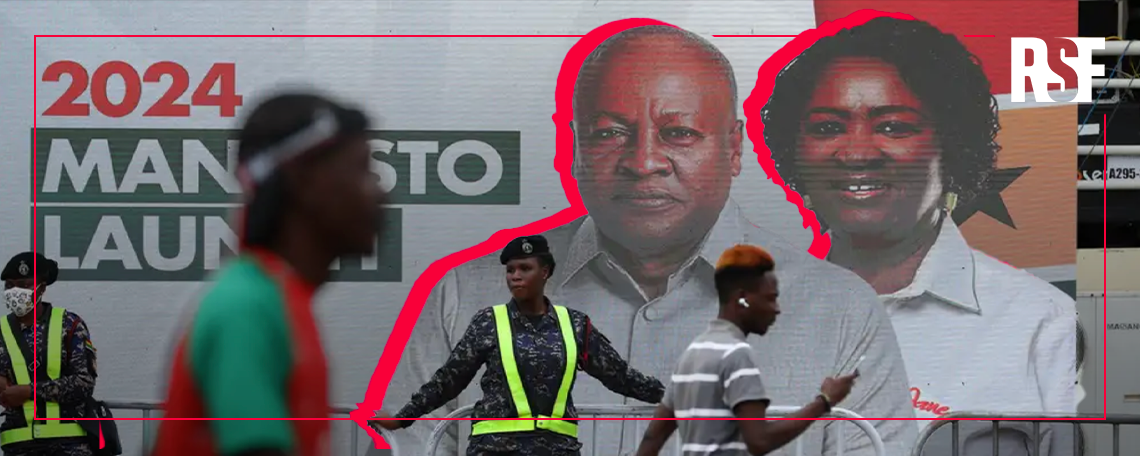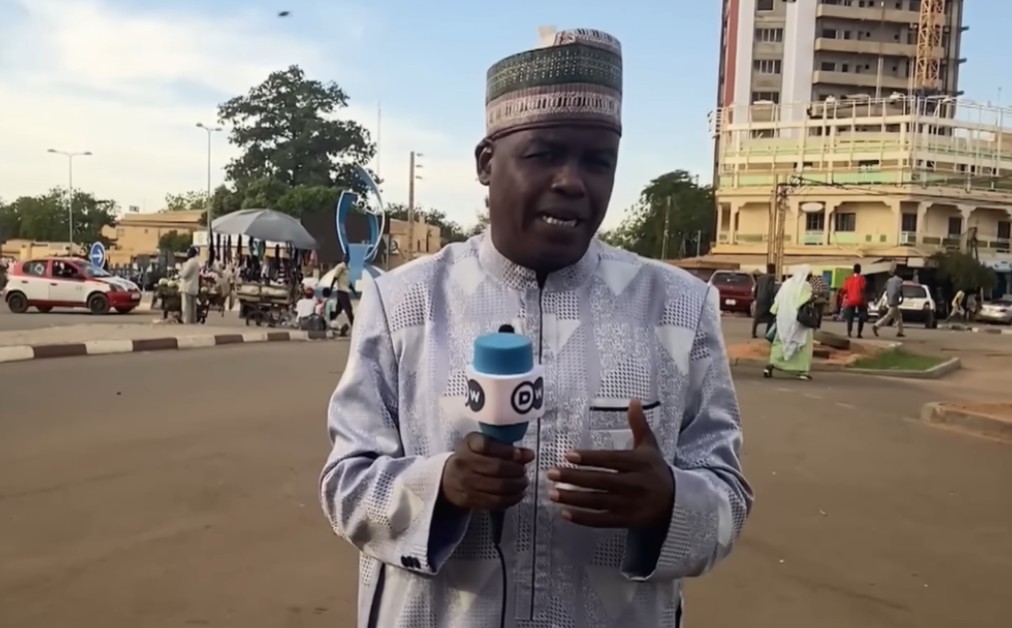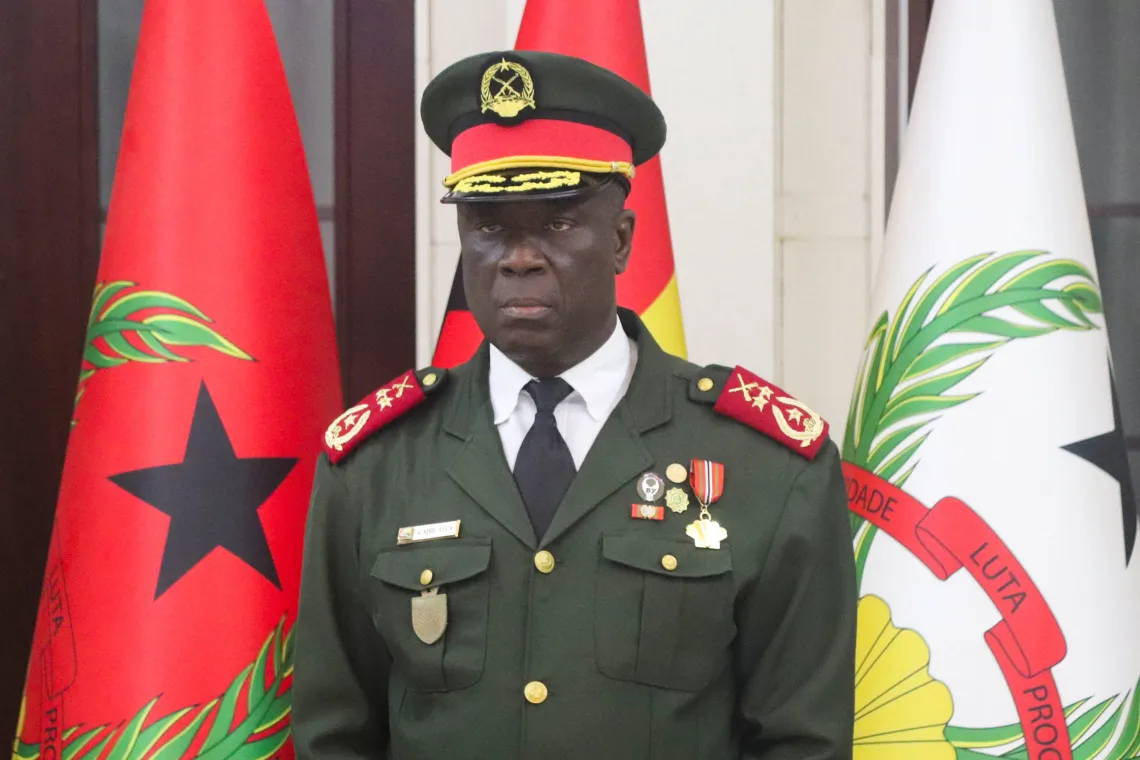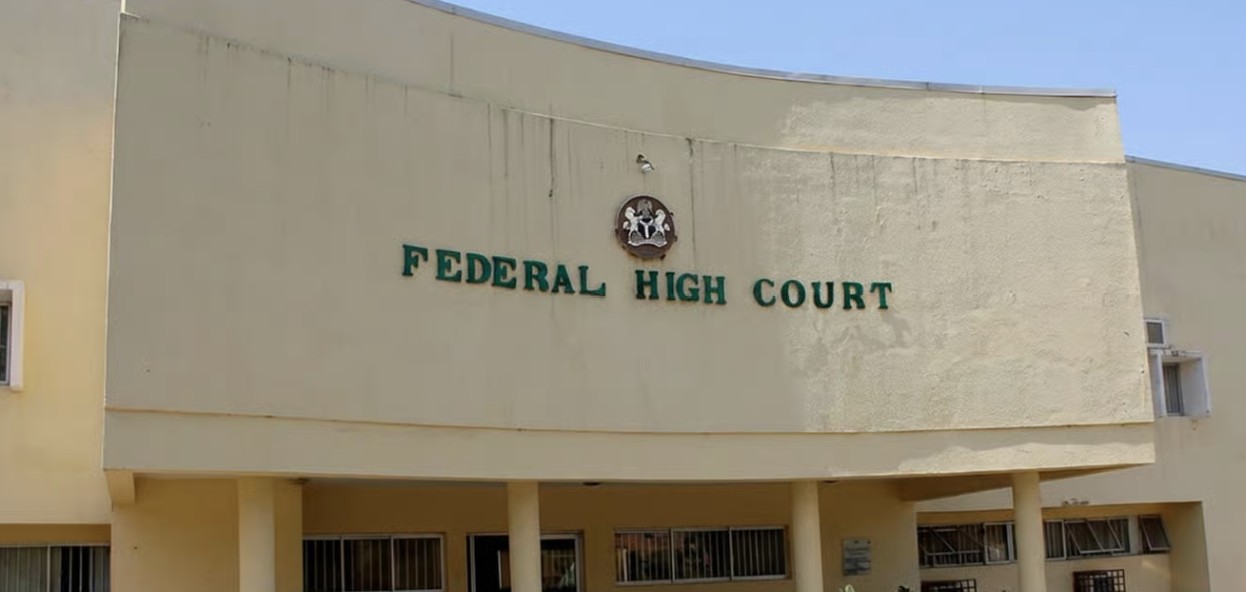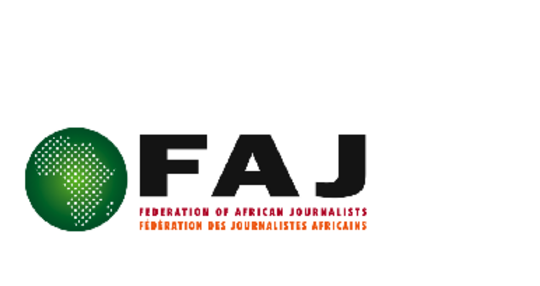
FAJ Demands Urgent Action to Halt Rising Attacks on Journalists Across Africa
December 10, 2024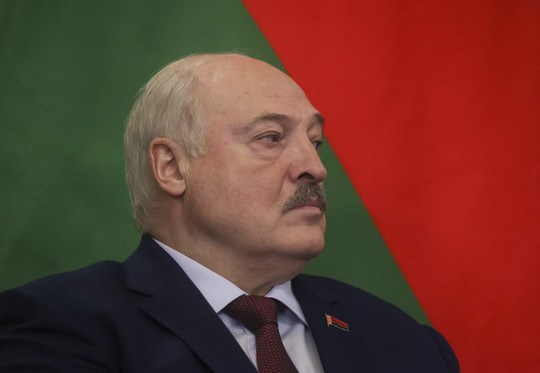
Belarus: International Pressure Demands Release of Imprisoned Journalists
December 10, 2024December 10, 2024 – Ghana –
As Ghana concluded its December 2024 presidential elections—won by John Mahama—Reporters Without Borders (RSF) issued a set of five recommendations aimed at safeguarding press freedom throughout the electoral process. While Ghana has long been regarded as a democratic leader in West Africa, RSF emphasized that recent challenges, including disinformation, harassment, and access restrictions, threatened to undermine that reputation.
First and foremost, RSF called for the safety of journalists covering political rallies and polling centers. Zubaida Ismail, RSF’s representative in Ghana, stressed that journalists must not only be protected by authorities but also avoid unnecessarily hazardous reporting conditions. Several incidents of harassment and physical intimidation in the lead-up to the vote underscored the urgency of this demand.
Secondly, RSF urged authorities to combat violence and threats against media personnel. The organization called on the Electoral Commission and Ghanaian police to investigate all cases of journalist intimidation or obstruction during the election, ensuring that perpetrators are held accountable.
The third recommendation focused on guaranteeing access to electoral information. Journalists, regardless of affiliation or region, should have full access to polling stations, official briefings, and data. RSF warned against exclusionary practices and the co-opting of media outlets by political campaigns.
Fourth, RSF highlighted the importance of protecting editorial independence. As political interference in media coverage increased, RSF cautioned against funding models and regulatory pressures that compromise newsroom autonomy, especially for public broadcasters and regional outlets.
Lastly, the organization addressed the rise in online disinformation, urging Ghanaian institutions to combat fake news not through censorship, but through fact-checking initiatives and digital media literacy. Groups like Fact-Check Ghana were cited as key partners in this effort.
While Ghana maintains a relatively strong freedom score globally, its press freedom ranking has slipped in recent years. RSF’s recommendations are intended not only to secure safe and fair election coverage but also to reverse a broader trend of declining media independence.
By adopting these measures, RSF argues, Ghana can reinforce its democratic institutions and ensure that journalists continue to serve as trusted guardians of truth during times of political transition.
Reference –
Ghana Presidential Election: RSF Calls for Press Freedom Safeguards

